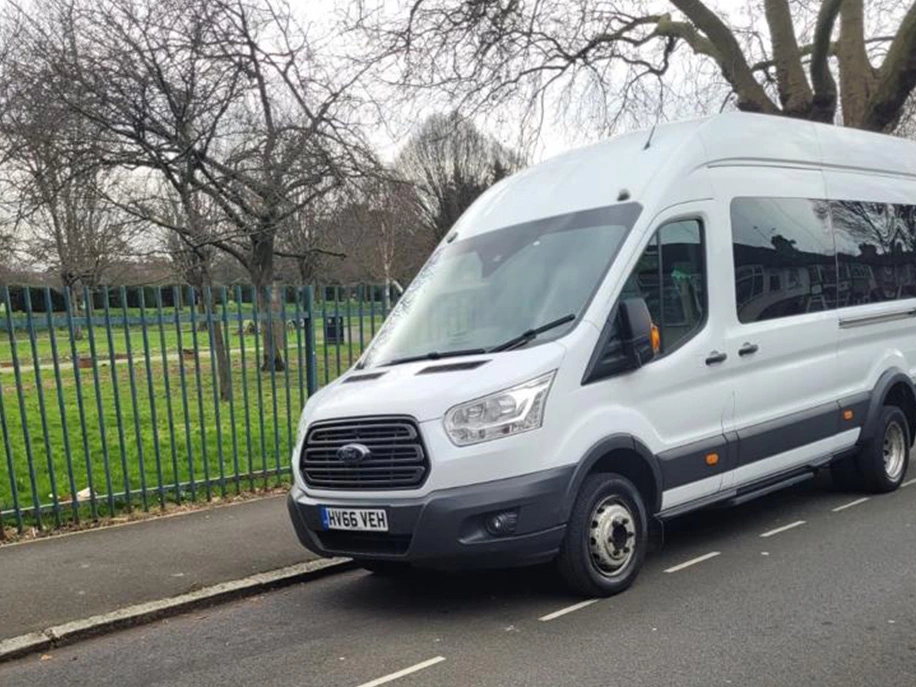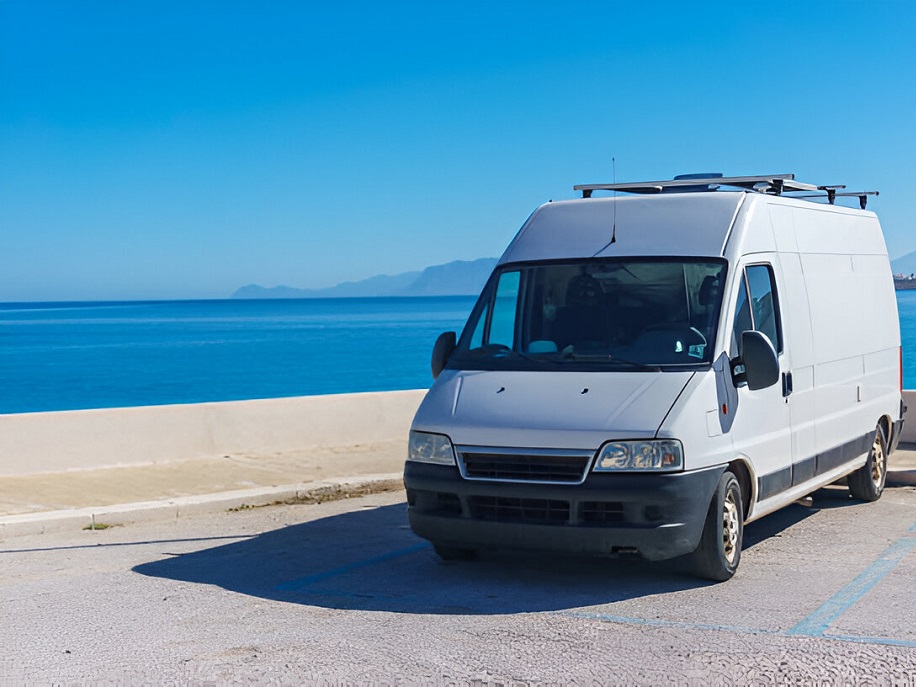
The Wheely Fascinating History Of Vans
The foundation of the UK economy is the van. However, how did we transition from rickshaws and carts to the motorised cars of today? See our guide to learn more.
The likelihood of spotting a van while driving is over 100%, and the number of vans on the road has increased recently.
According to the Department for Transport, vans make up around 18% of all road traffic in the United Kingdom. Compared to the 10% we observed in 1993, this is a substantial increase.
The ever-increasing internet audience, who practically order things by the truckload, and the companies that continue to meet the demand are the main causes of the sharp increase in van traffic.
As we take stock of our evolving economy and driving patterns, we wanted to explore the history of vans and identify the time at which their popularity began to decline.
Origin
The word “van” is a contraction of the word “caravan,” according to Etymonline. The term “caravan” was first used in the 1590s to describe a group of individuals who travelled together in search of safety. However, when people interpreted it to mean “carry-van”—that is, a “van that carries”—it might have acquired its connections with vehicles.
It appears that the word “van” means “a covered waggon for transporting goods” and was first used in 1829. However, these early vehicles lacked motors. They were only carts pulled by horses and made especially for hauling.
An important and “wheely” step in the right path
There are numerous reasons why 18-ninety-six is a famous number. The renowned author F. Scott Fitzgerald was born this year, along with the demonstration of the first X-ray machine.
However, that is not the reason we are interested in 1896. The first gasoline-powered truck was introduced in the world in 1896, which is why we are fascinated.
Customers in Stuttgart and Berlin used the Daimler Motor Lastwagen, which was created by automotive pioneer Gottlieb Daimler.
With its two-cylinder engine, the truck could haul up to five tonnes and attain a top speed of seven miles per hour. It resembled a flatbed truck more than a contemporary van, though, in that items needed to be covered to keep out the weather.
Karl Benz produced a van-like invention that same year. This car would deliver merchandise to a Paris department store and encourage other automakers to produce comparable cars. One could even argue that Karl Benz was the driving force for the creation of the contemporary van.
But it wasn’t until the 1950s that automakers like Ford and Volkswagen began producing the kinds of cars we see so frequently now.
What’s in style?
Similar to automakers, there are numerous van models to pick from. To meet the demands of the modern world, companies such as Mercedes-Benz, Ford, Volkswagen, Peugeot, and Toyota all develop their own concepts.
It should go without saying that vans, like cars, are not all that popular. As of November 2024, the Ford Transit Custom was the most popular vehicle in the UK, closely followed by the common-or-garden Ford Transit van.
The Mercedes-Benz Sprinter and the Vauxhall Vivaro are two such vans that still function well. If you reside in an urban region, you may be able to leave your home and see one of these vans on the road at this very moment.
Why are vans so fantastic?
Vans are iconic, practical, and adaptable. And since we’re such admirers, we thought we’d list our top ten applications for these amazing inventions:
Ambulances: aren’t ambulances not vans? Although their interior equipment and colour scheme clearly differ, they are built on vans and operate mostly in the same manner.
Couriers: Without courier vans, we might have to wait forever and a day for our packages to arrive. Since next-day delivery is a popular choice for last-minute purchases, courier vans are the solution to a lot of our issues.
Minibuses: these strong people-movers are frequently just vans with extra seats. You will almost certainly be operating a Mercedes-Benz Sprinter if you require a vehicle with ten seats or more.
Tradespeople: joiners, plumbers, and electricians would struggle to do their duties without vehicles. They can store all of their tools, supplies, and equipment in vans.
Removal services: You probably need a lot of room to move your possessions whether you’re relocating across the country, business, or residence. People have been depending on the traditional “man with a van” for all of their moving needs for a very long time.
Go to London Minibus Hire if you require a van for either personal or professional purposes. A large selection of rental vans to suit every purpose may be found here. For minibus hire in Watford, England, we are your one-stop shop with affordable rates and a reputation for providing fair, amiable service.
MORE POSTS:

Why Choose a Licensed Minibus Hire In London?

